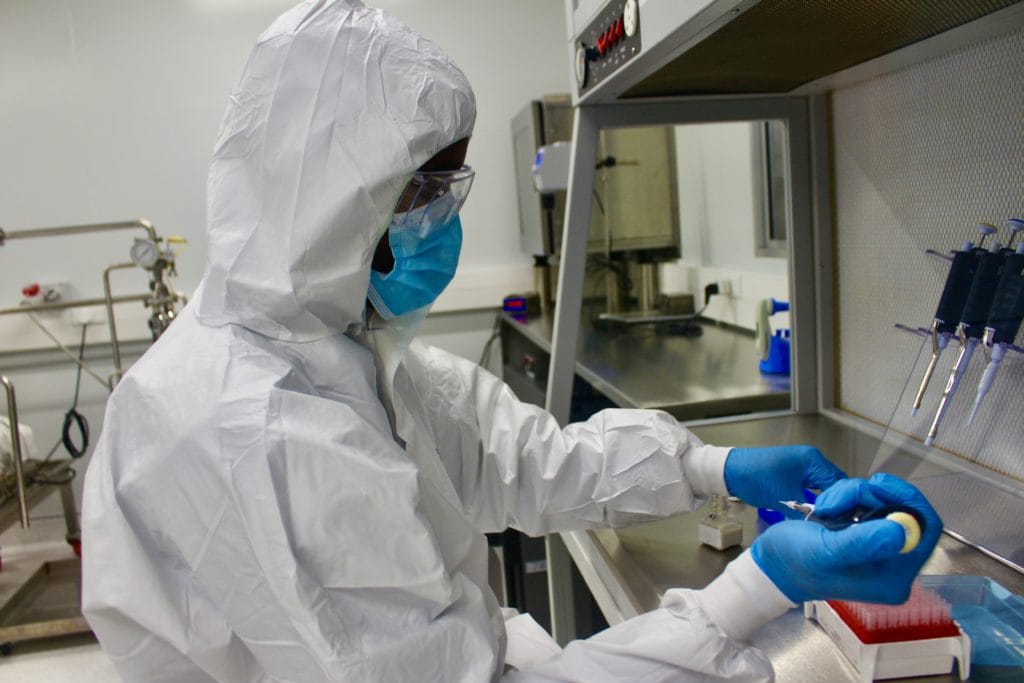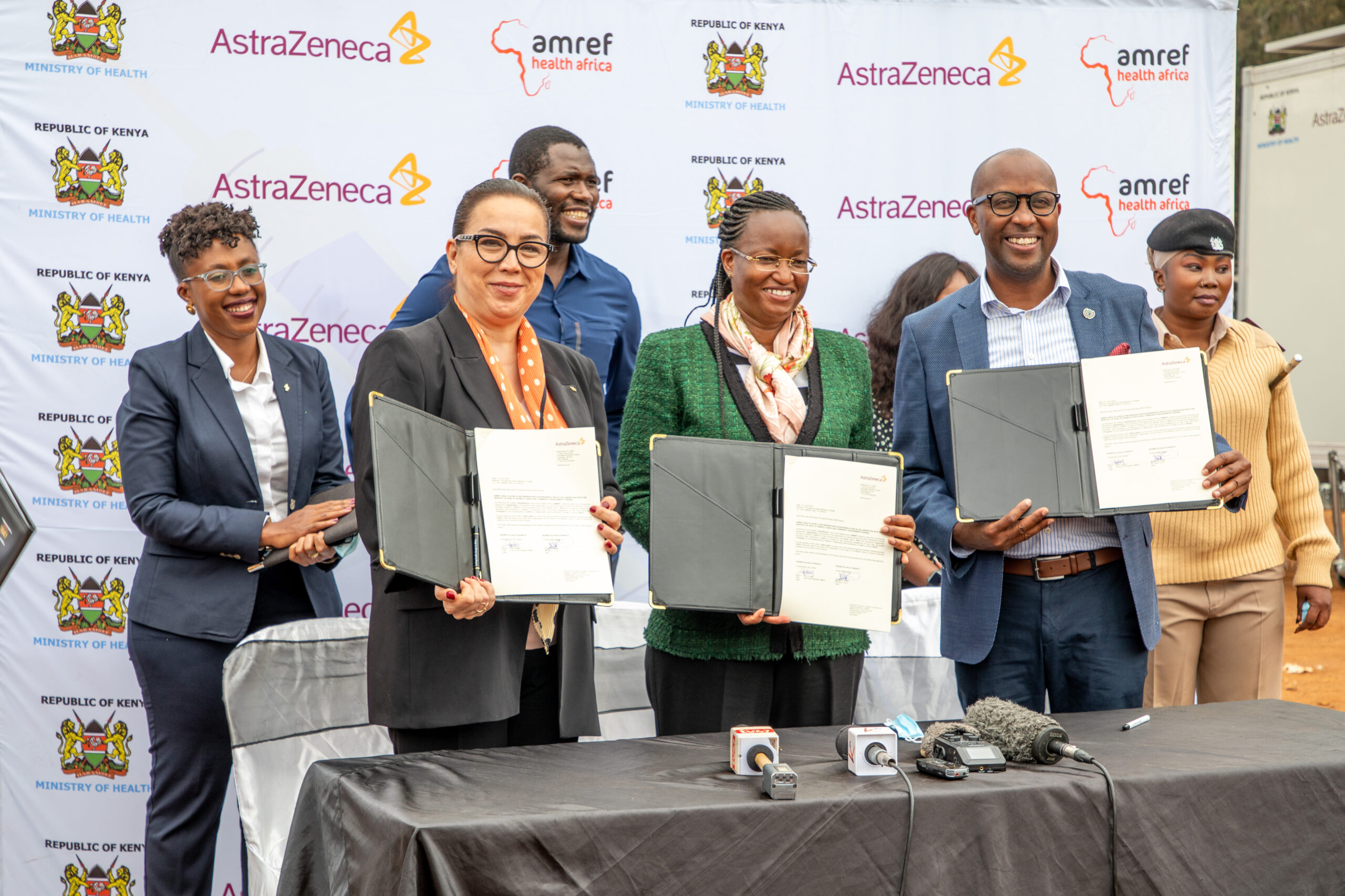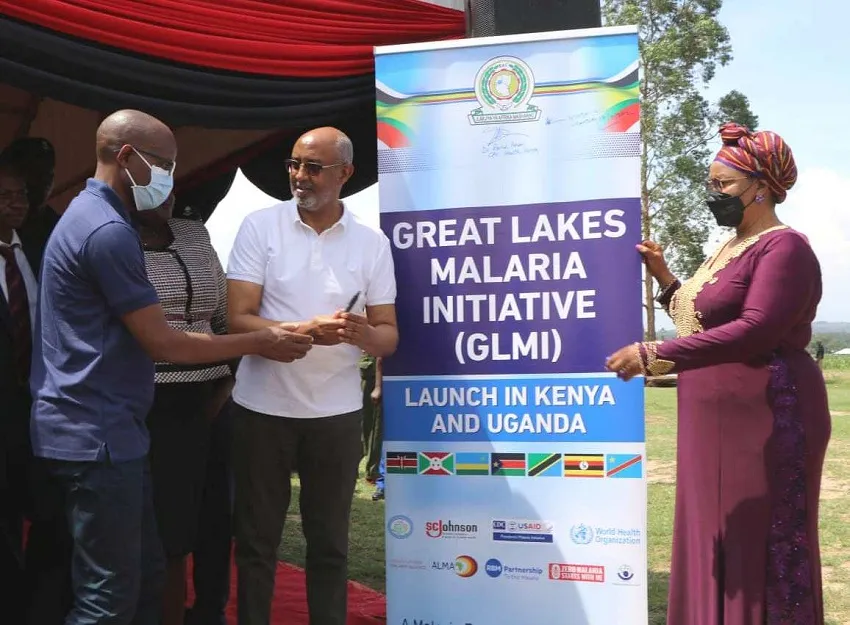Use of the Manyatta Model to Promote Uptake of Family Planning in Hard-to-Reach Communities in Samburu County, Kenya
Tuesday, 15 July, 2025
In Samburu County, where the modern Contraceptive Prevalence Rate (mCPR) stands at just 25.4% compared to the national average of 57%, the Delivering Equitable and Sustainable Increase in Family Planning (DESIP) project piloted the Manyatta Model to improve family planning uptake among hard-to-reach communities. Recognizing the region’s patriarchal structure, where men are primary decision-makers in women’s health, the model brought health education directly to homesteads (Manyattas) through Community Health Promoters (CHPs). It employed a structured mobilization strategy known as the Tag-Team approach and was implemented in six pilot sites. Quantitative data from health facility records (July 2019–June 2021) was complemented by qualitative insights from 10 key informant interviews and 6 focus group discussions with beneficiaries, providing a comprehensive understanding of the model’s impact.







